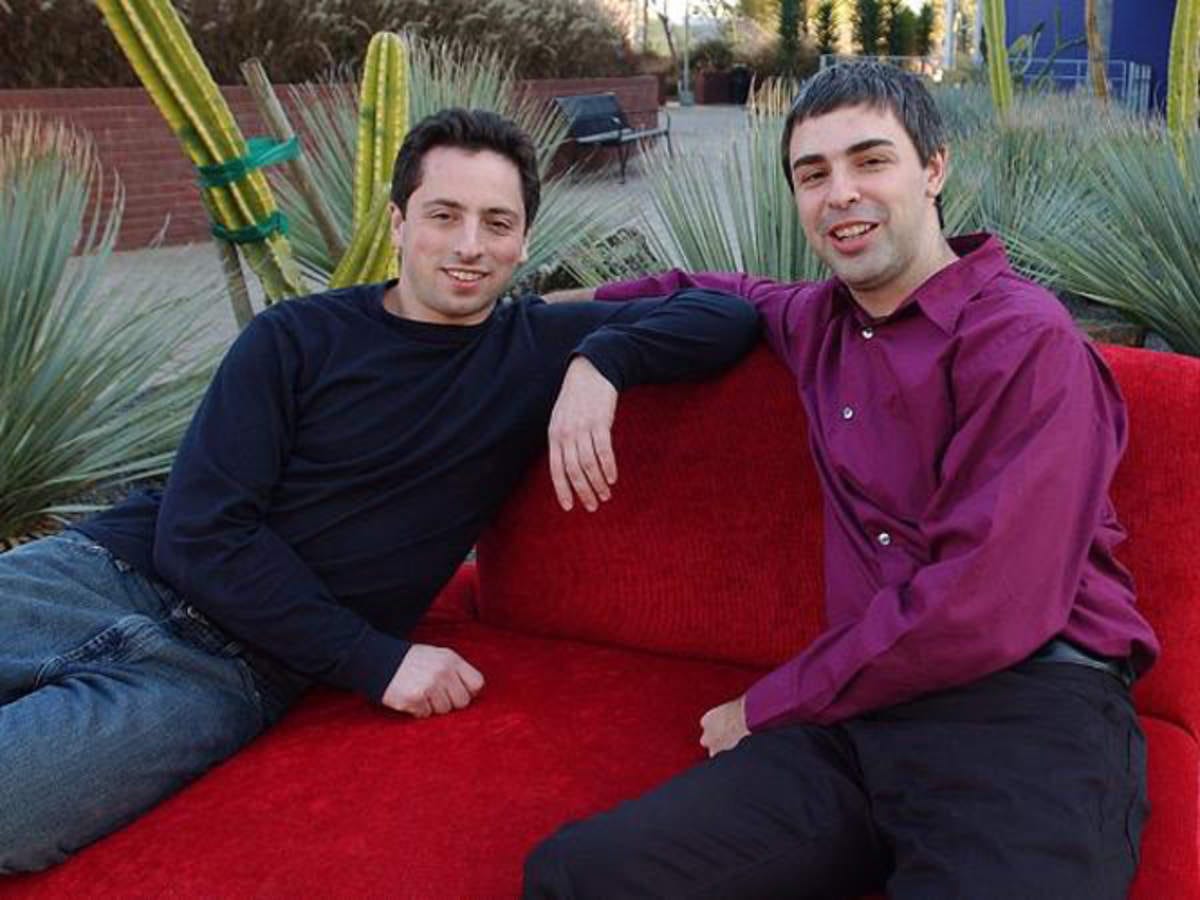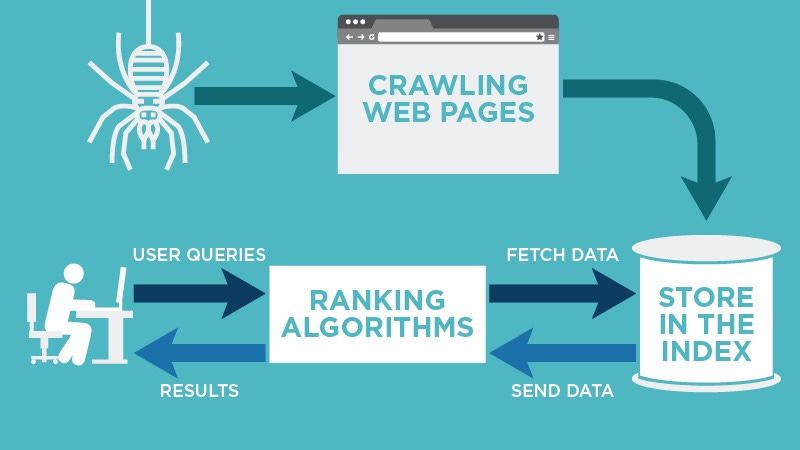Ever wondered how the world would have operated without Google? And about how the people used any other search engines long before Google was born?
The first ever search advance that revolutionized the internet system was called Archie. Archie helped the users by searching site's file directories . Archie wasn't easy to use, it would eat up a good amount of time. Archie was quickly followed by Veronica which used the same search style as Archie but it was used for plain text files which led to the others viz. Gopher, Yahoo!Directory, Alta vista and Excite. Amongst the handful which crashed the market, Yahoo! was quite a hit. Having been developed by the students of Standford in 1994, Yahoo! directory was an open site directory which organized its lists into various topics. But Yahoo's demise was fueled by its inability to understand the changes in user preferences, its lack of clarity of a proper mission and a weak company culture. The one engine which might've been the one recognised worldwide if it weren't for Google , was Alta Vista. It had gained a lot of popularity in 1995 but later lost its ground to Google and hence was purchased by Yahoo in 2003.
How did Google really make its mark when the internet was blooming with the other search engines?
The story of Google began in the year 1995 at Standford university. A Russian who emigrated to America at the age of 6, was gifted with some inexplicable qualities. Sergey Brin, who is recognised worldwide for having given birth to Google, was the student who by the end of middle school was recognized as math prodigy. He even completed high school a year early and enrolled himself in computer science department of Standford university. Brin, a 2nd year grad student was a social butterfly who volunteered as a guide of all sorts to not only the ones already admitted but also the potential students.
On the other hand, Larry Page who was an engineering major from university of Michigan got acquainted with Brin's fellowship. Ironically, taken their first meeting, nobody would've ever guessed this same duo to be recognised by the entire world as founding partners of the most successful search engine. They hardly agreed on anything and incessantly argued on various topics. But then
after a few months Page decided to affiliate himself in Standford and selected human interaction as his course.
One fine day while searching for the topics for his doctoral thesis his mind kept lurking around the burgeoning world wide web.
At that time the Standford alumni was getting rich by some newly found internet companies, but Page found the web gripping primarily for its mathematical characteristics. According to Page, each computer was like a node and each link of web pages was a connection to that node but the thing that bothered him was when you look at a web page you have no idea what web pages where linking back to and thus he thought it would be beneficial to know the linkage between these pages by following the premise of citation. After an astounding research, Page wondered if he could find a method and qualify each backlink on the web. According to him, only then would the web be a better place for the researchers.
It was during this time that Page conceived the idea of Backrub (former name of Google). At that time, internet was thronged with almost 10 million documents and endless links between them. The computing resources required a beast to crawl the data which was well beyond the usual bounds of student project. Unaware of the destination, Page began building his crawler.
Page knew that crawling the entire web to discover the sum of its links was a major undertaking, which let Brin into the job. Page was also aware that simple crawling would not make his project a hit and so he decided to rank the links just like academic publishing. He theorized the idea in web's graph with more critical attributes of the site who was doing the linking.
A raw count of links to a page would be a useful guide to that page's rank. He also saw that each link needed its own ranking, based on the link count of its originating page. But such an approach creates a difficult and recursive mathematical challenge - you not only require to count a particular page's links, but also the links attached to these links. The math gets complicated rather quickly.
Page's web crawler that began exploring the web with Page's own Standford home page became the starting point. Together, Page and Brin created a ranking system that rewarded links that came from sources that were important and penalized those that did not. Page and Brin's breakthrough was the algorithm they created. After that, the algorithm dubbed PageRank after Page which managed to take into account both the number of links into a particular site and the number of links into each of the linking sites. This mirrored the rough approach of academic citation-counting. More popular sites rose to the top of their annotation list, and less popular sites fell toward the bottom.
Brin and Page realized their data might have some implications for the Internet. In fact, the idea of applying BackRub's ranked page results to its search made it so natural that it didn't even occur to them that they had made the leap. As it was, BackRub already worked like a search engine - you gave it a URL, and it gave you a list of backlinks ranked by importance. Page and Brin noticed that BackRub's results were superior to those from existing search engines like AltaVista and Excite, which often returned irrelevant listings. Because PageRank worked by analyzing links, the bigger the Web, the better the engine.
That fact inspired the founders to name their new engine Google, after googol, the term for the numeral 1 followed by 100 zeroes. They released the first version of Google on the Stanford Web site in August 1996 - one year after they met. Among a small set of Stanford insiders, Google was a hit. Energized, Brin and Page began improving the service, adding full-text search and more and more pages to the index. They quickly discovered that search engines require an extraordinary amount of computing resources.
They didn't have the money to buy new computers, so they begged and borrowed Google into existence - a hard drive from the network lab, an idle CPU from the computer science loading docks. Using Page's dorm room as a machine lab, they fashioned a computational Frankenstein from spare parts, then jacked the whole thing into Stanford's broadband campus network. After filling Page's room with equipment, they converted Brin's dorm room into an office and programming center.
The project grew into something of a legend within the computer science department and campus network administration offices. At one point, the BackRub crawler consumed nearly half of Stanford's entire network bandwidth, an extraordinary fact considering that Stanford was one of the best-networked institutions on the planet. And in the fall of 1996 the project would regularly bring down Stanford's Internet connection.
As Brin and Page continued experimenting, BackRub and its Google implementation were generating buzz, both on the Stanford campus and within the cloistered world of academic Web research.
On the other hand, Page and Brin weren't sure they wanted to go through the travails of starting and running a company. During Page's first year at Stanford, his father died, and friends recall that Page viewed finishing his PhD as something of a tribute to him. Given his own academic upbringing, Brin, too, was reluctant to leave the program.
If you liked this post from The Unasked Trivia, why not share it?
Discussion about this post
No posts








This is an amazing piece Komal!
Nicely donee!!!